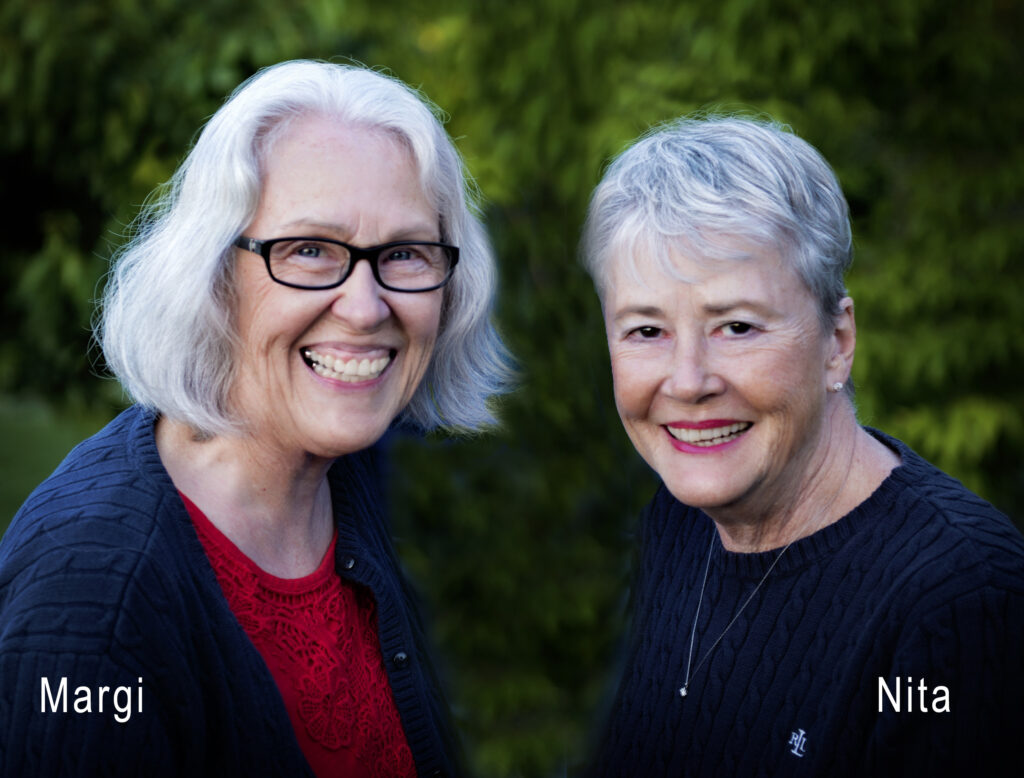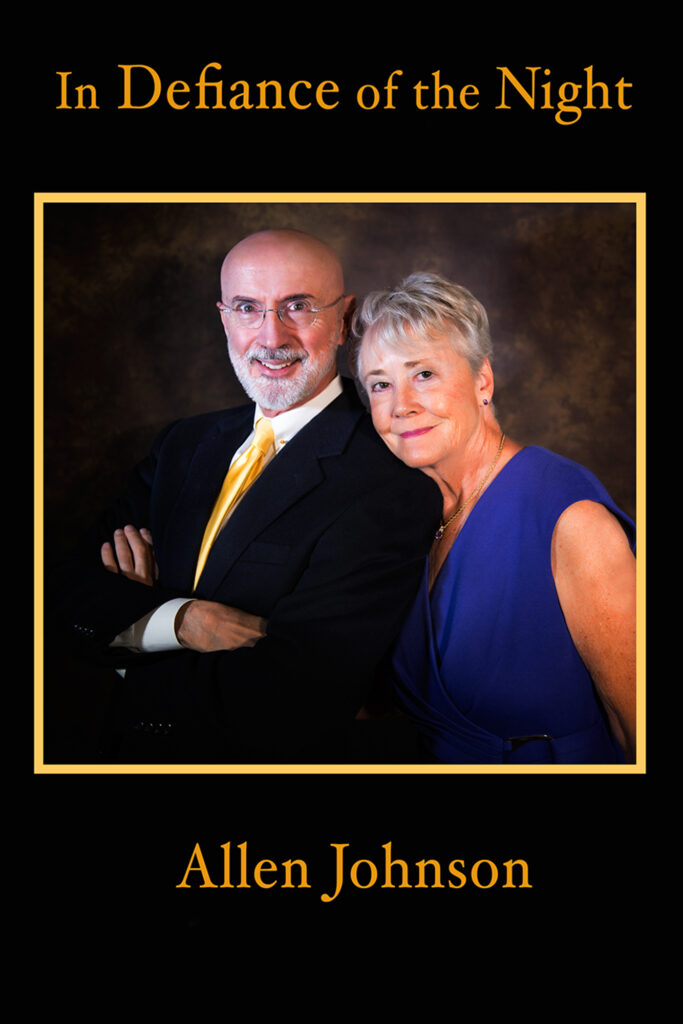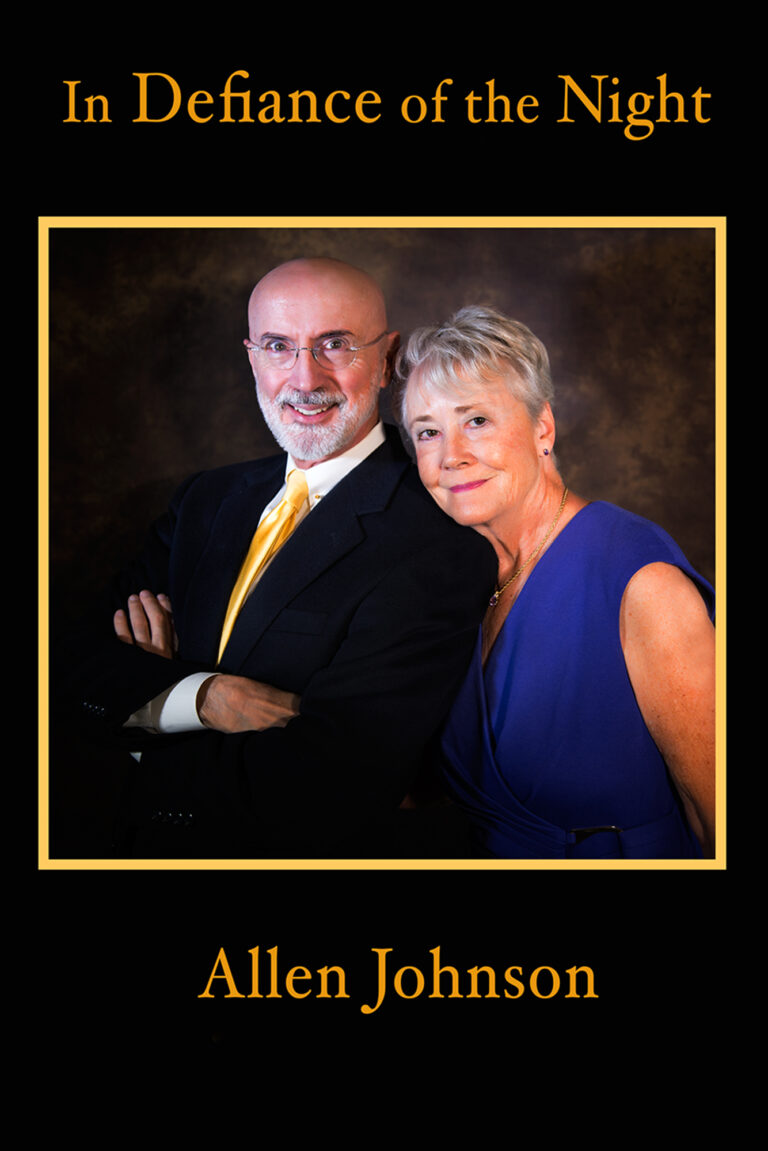The colorectal surgeon had it wrong. My levator muscle was not spasmodic. The real source of my pain was more fiendish, leaving me in unrelenting pain.
Two weeks after the Botox injection, I had a follow-up meeting with the assistant to the colorectal surgeon.
The assistant wasted no time getting to the point. “When the doctor initiated the procedure, he discovered your pain was not issued by a muscle spasm but by a two-centimeter mass next to your rectal column.”
“Is it cancerous?” I immediately asked.
“We don’t know,” the assistant said. “The biopsy has been sent to pathology.”
I was heating up. I’m familiar with the reaction. It’s a burning sensation that punches me under the ribs whenever anyone treats me like a fool. “And you’ve waited two weeks to tell me that? How is that possible?”
“I don’t know. I’m sorry.”
I shook my head in disgust. “Sorry is not good enough. There’s something seriously wrong, and you did nothing, said nothing to address the evidence. Shame on you.” For a moment, I thought I’d relieve his discomfort by assuring him I had no intention of suing the hospital for malpractice. But I was in no mood to ease his apprehensions. “You, your doctor, and your clinic are royally messed up.”
The assistant was silent.
“Where’s the doctor?” I asked.
The assistant’s first sounds were guttural, a moan of equivocation. “He’s not here.”
“I know he’s not present. It makes me wonder if he was present when he decided on the spot to shoot me up with Botox—all without the benefit of images.” I waited for a response. There was none. He looked as if any defense would have been countered with even greater outrage. He would have been right.
I stomped out of the office, stifling a two-word insult that was too crude to utter—even when a victim of malpractice.
***
On February 1, I met with my University of Washington urologist, Dr. Jennifer Seymour, a physician who is the ethical and professional antithesis of the unnamed colorectal surgeon. The meeting was to be routine: time to review the radical cystectomy (the removal of my bladder), scheduled for the following day.
When she stepped into the examination room, I smiled and gave her a two-handed handshake.
Even though she was masked, her eyes told me she was troubled.
“I’ve just seen the lab slides from the mass biopsied by your colorectal surgeon. Allen, everything has changed.”
She called me “Allen.” She had never done that before. It was always “Mr. Johnson.” But now we entered a new place—a new time that required a certain amount of intimacy. I knew the bad news was coming.
She paused. I could tell she was measuring her words. “The mass is a high-grade urothelial carcinoma.”
“Jennifer, are there likely to be more carcinomas?”
“It’s possible. But I won’t know for sure until I’ve seen new MRI and CT scans.”
“When?”
“Tomorrow morning. You’re already booked with the imaging department.”
“You’ve been thinking about this?”
“Allen, it’s been on my mind all day.”
I took her hand again. “I see that. Thank you, my friend.”
***
The next morning, I spent two hours having my pelvic region photographically sliced from all directions. Then my friend Bob Rosselli and I headed home. We were rolling into Ellensburg for lunch when Jennifer called. Bob pulled off to the curb on Main Street. I put Jennifer on speaker phone.
“We have the results,” Jennifer said.
“So soon?”
“I put a rush on them.”
“And?”
“The BCG immunotherapy did not work. I think you knew that already. What you don’t know is there are several tumors wrapped around the rectum.”
“Several?”
“At least four or five.”
“And that’s causing the pain and making it so difficult to defecate?”
“Yes.” She paused. “I’m sorry, Allen. Surgery is no longer an option.”
“What is?”
“I’d want to confer with one of our oncologists. Probably Dr. Grivas.”
“I like him,” I said.
“So do I. I’ll have him call you.”
“I know Dr. Grivas is the best person to make the call on treatment, but what’s your best guess?”
Jennifer’s voice was always soothing, but now she added a little more silk. “It’s likely to be a combination of chemotherapy, immunotherapy, and possibly radiation.”
I felt as if the sun were setting at midday. “Damn.”
“I know,” Jennifer said.
I paused to find the words. “Jennifer, I’m willing to talk to Dr. Grivas. I want a clear understanding of the options.”
“You’ll have that.”
“But I also want to talk to someone who handles the Death with Dignity program. I’m not saying I want to die right away, but there may come a time when I’m ready. I don’t want to be scrambling to complete the paperwork when I’m buried in pain. Can you connect me with someone at UW?”
“Yes. Our social worker team will contact you.”
“Understand, I’m not interested in counseling. I know who I am. I just want to get things in order.”
“Of course.”
She paused for so long I thought I lost her. “Jennifer?”
“I’m here. Allen, I’m just . . . so, so sorry. Please know I want the best for you, and only you can decide what that is. Whatever your decisions, I will always respect you.”
“I know you respect me, Jennifer. That’s what your words say, but I think your heart is really saying you love me.”
There was another pause. “Of course, I do.”
***
A few words about my wife during this period.
Nita was down to 82 pounds. She slept through the night and most of the day. Her energy was extremely low and her ability to communicate was clearly sketchy. Between the two of us, it was a toss-up as to who was more physically jeopardized.
That said, Nita’s sister, Margi, was passionate about helping her sister in this final chapter of her life. Margi lived at Friendsview in Newberg, Oregon, a Quaker community that provides, where needed, living and medical assistance. Nita and Margi have a long history of Quaker heritage; their parents were Quaker missionaries in Guatemala for forty years.

I’m not sure how or when my story will play out, but I know I don’t want to linger beyond my time. To be alive and not be able to perform—to sing, to write, to paint, to converse—is not living. It’s an act of indulgence and not for me.
Perhaps one day, Nita and I will say goodbye for the last time. (It’s hard for me to imagine that scene.) I may choose to die in our home through the auspices of Washington State’s Death with Dignity initiative. Whether or not Nita would be present would be dependent upon her state of mind at the time. Perhaps the kindness goodbye would be one last embrace, one last kiss. Then, Nita would go to Newberg, and I would drift away among friends. Will that happen? I don’t know—not yet. Right now, it’s only a possibility for the future when courage is overtaken by misery.
***
The reactions from my friends to this new, harsh reality were characterized by both sadness and support for whatever decision I might finally make. This letter from my life-long friend Gene is representative of that shower of blessings.
Dear old friend,
What news! I’m feeling it very deeply myself. It’s not difficult to put oneself in a friend’s shoes, to see through a friend’s eyes, to feel with a friend’s spirit. You have embodied so much to me over the years: dedication, good cheer, truthfulness, inventiveness, empathy, wit, care for others, concern for our world and our society. I could go on and on. You have always been so touched by art in all its forms and have never stopped playing and experimenting. And, no matter what you did, you were always eager to share it. I have benefited so much.
I feel awkward, and I wish I had the power to do something. Your life has been immensely rich, and I am privileged to have been touched by it.
Your friend,
Gene
***
Gene’s letter was so moving I felt as if I had the novel pleasure of attending my own memorial service.
Upon reflection, I’ve been gifted in a host of ways. Some, like Gene, put pen to paper. Others offer their chauffeuring services, while still others come to the door with a basket of fruit or a bucket of chicken noodle soup. All of them are saying the same thing: “Allen and Nita, we love you.”
And for that our gratitude is over the moon.
But the big decision still remained: will I choose to die or will I choose to defy the night.


